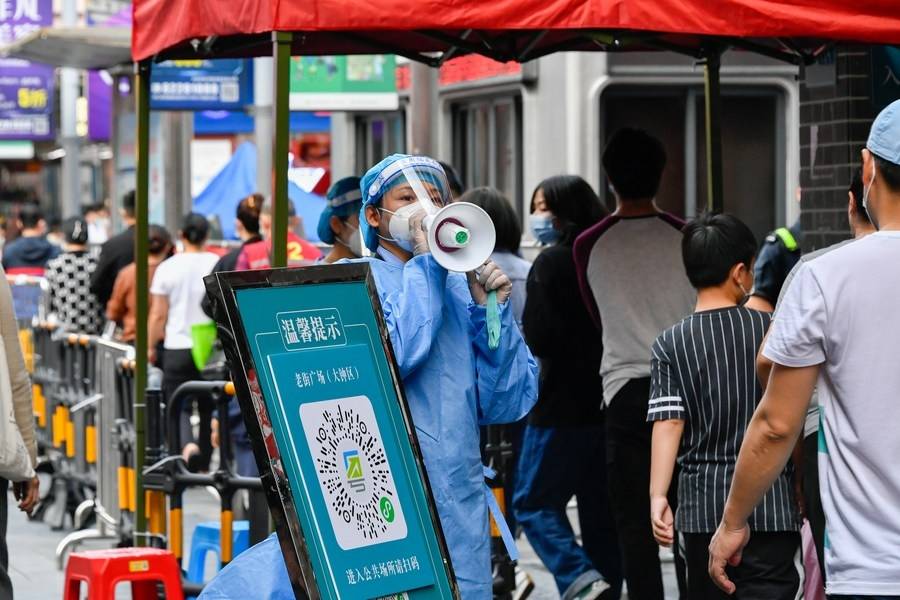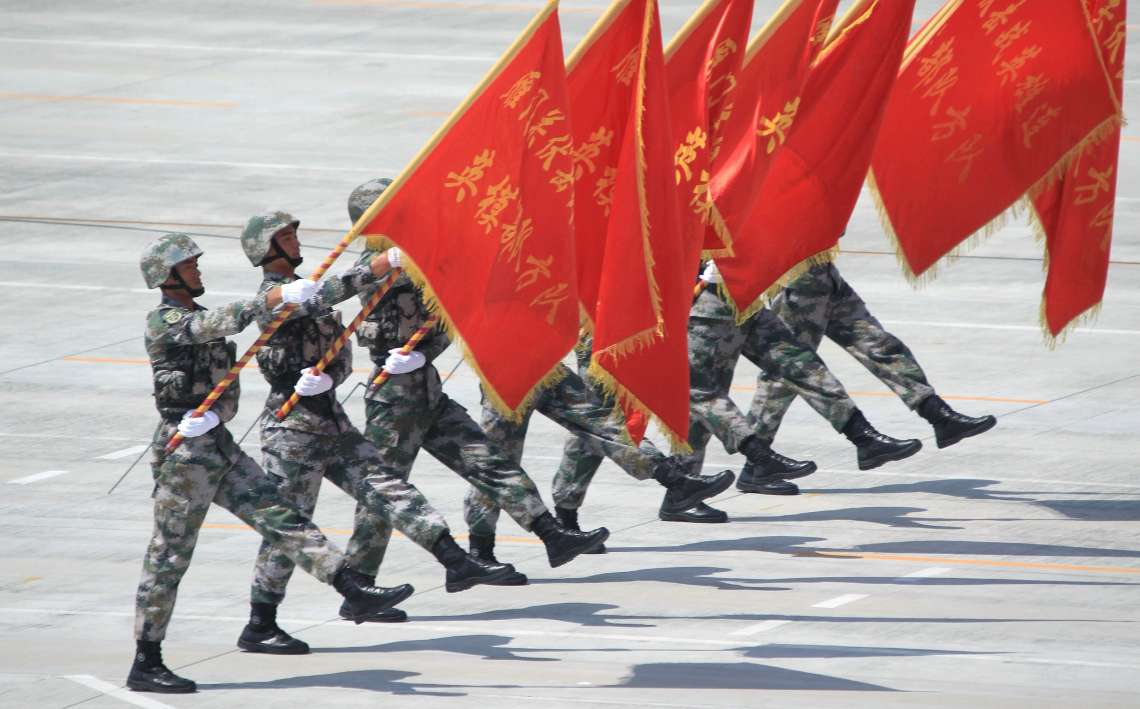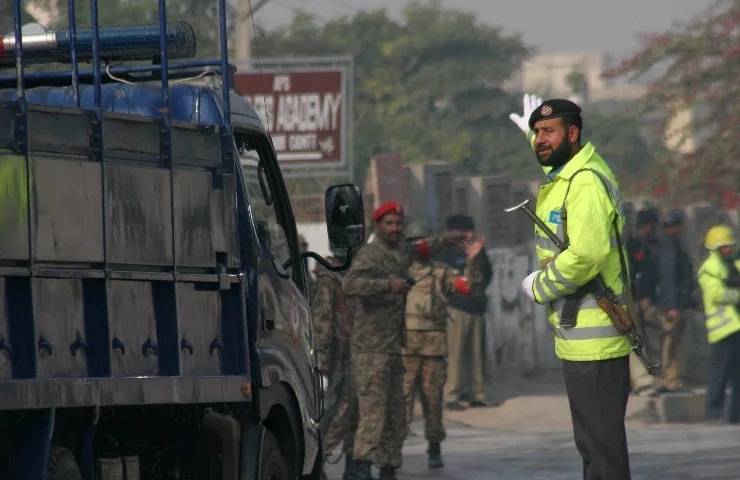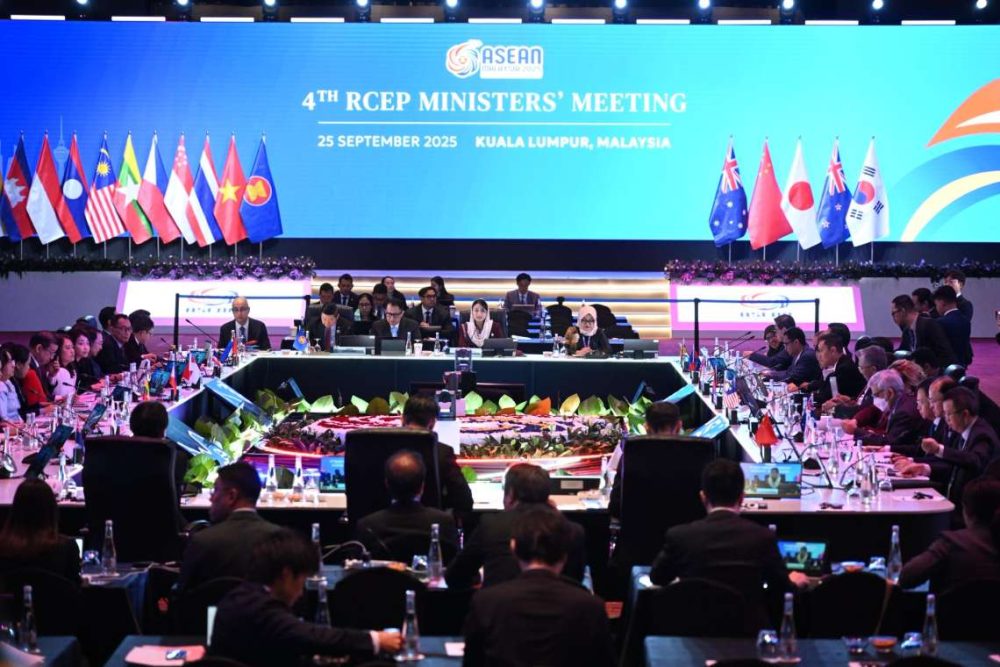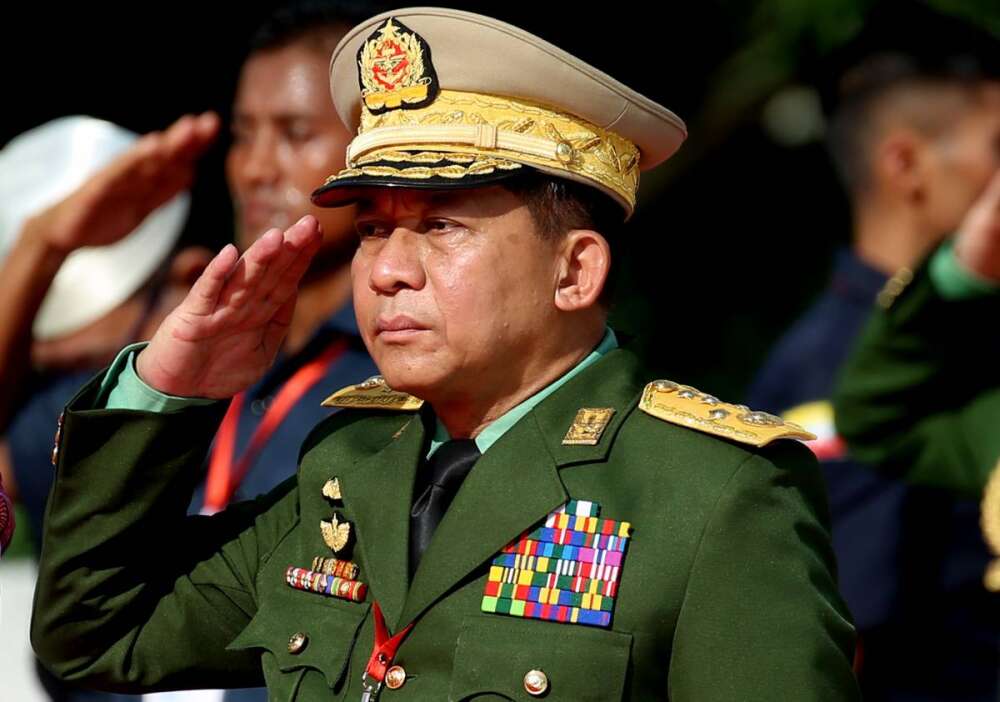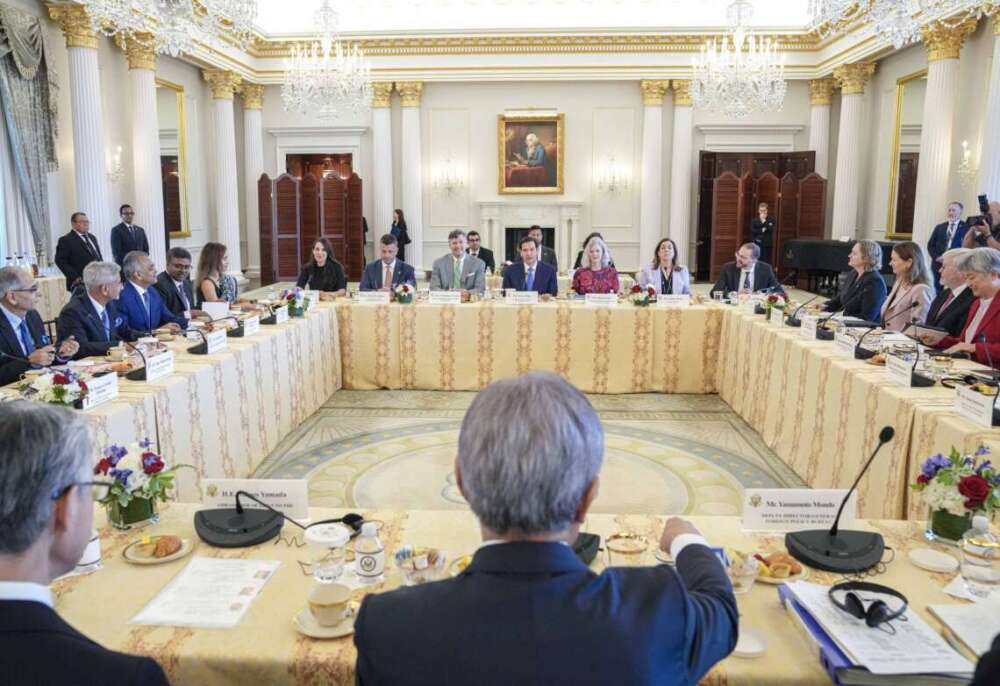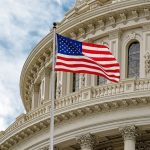President Xi’s Zero-Covid policy fails as new areas come under coronavirus infection. The latest additions are tourism hubs of Tibet and Hainan. Due to the enforcement of lockdowns in an abrupt manner, tens of thousands of tourists are stranded now……. A special report by Ram Mohan
Zero-Covid policy, propagated by Chinese President Xi Jinping, appears to have failed terribly. Coronavirus infections are spreading to new areas in China even as the old infected areas remain hotspots. Despite the harshest restrictions on public movement, which led to a loss of livelihoods and huge mental harassment, the Zero-Covid policy did not work. And now the coronavirus infection is spreading to new areas of China while government agencies feel helpless.
The latest additions are tourism hubs of Tibet and Hainan. Due to the enforcement of lockdowns in an abrupt manner, tens of thousands of tourists are stranded now. Ironically, China was the first to declare that the country was free from Covid-19 in early 2021. However, the country is struggling to prevent new infections, though the other parts of the world appear to be free of the Covid-19 pandemic now. Under the Zero-Covid policy, people are forced to stay at home.

Hainan hosts the tourist city of Sanya—also referred to as Hawaii of China. Many people from China especially Shanghai had rushed to Sanya for a vacation after months of rigorous lockdowns. But now they are stuck in Sanya as the public movement has been suspended after new 263 cases were reported. Other cities in Hainan province such as Haikou, Wuzhishan, Ledong and Chengmai too are facing strict restrictions since China’s medical agencies are failing miserably to stop coronavirus. Total cases in Hainan have crossed 2,500-figure. Zhou Changqiang, the head of Hainan’s health commission, said “We still have many shortcomings and weaknesses in COVID epidemiologic investigation, testing and treatment.” The situation remains the same in other parts of China even as the areas that were unaffected so far are coming under the Covid-19’s grip.
Tibet had reported just one asymptomatic patient since the Covid-19 pandemic originated in China and reached across the globe like wildfire. A few days ago, Tibet has found 28 new Covid patients, leading to panic in the region. Now, Chinese agencies are building makeshift hospitals with a capacity of over 3,000 beds. The sparsely populated Tibet largely remained unaffected till recently since the pandemic broke out. But it has now become vulnerable as Chinese authorities could not contain the pandemic in the country. Now, Tibetans are at higher risk of getting infected as China’s Health Commission has stated that the people from the hilly areas are more prone to chronic respiratory diseases and low blood pressure levels.
People in new Covid areas are worried about Shanghai-styled long-duration lockdowns, which can impact their jobs, basic freedom and mental health. Those who were quarantined in Covid centre did not get beds or blankets, and people stuck at home struggled to get food and medicine. Even kids including infants were forcibly separated from their parents. Chinese people shared their woes on social media, leading to a public outcry against Xi’s Zero-Covid policy.
Many women in China do not want to have babies or delay pregnancy thanks to the Zero-Covid trauma. “I definitely don’t want my children to carry the uncertainty of living in a country where the government can just come to your door and do whatever they want,” said 30-year-old Jiang. She is a media professional. Dr Brian Hall, a mental health researcher at a Shanghai-based university said the ‘Zero Covid’ policy was taking a significant toll on the mental health and well-being of Chinese people. “I am concerned about how these lockdowns may affect people’s livelihoods, which have knock-on effects on their mental health, especially among those with precarious working conditions, migrants, and young adults,” he said.
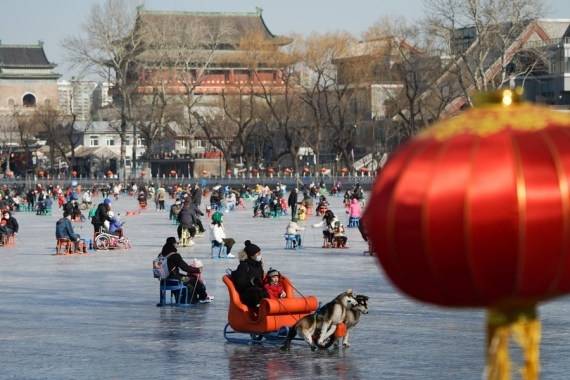
Newly infected areas are now heading to stringent lockdowns as the government has shut down pubs, restaurants and malls as well as started suspending train and air services. Given the past experiences, there are high possibilities that even grocery shops would be shut down in accordance with the Zero-Covid policy. This has caused chaos in Hainan and Tibet, where tourists can be seen being stranded at airports. China’s GDP has taken a hit due to Xi’s Zero-Covid policy. Now policy expansion to new areas can hurt the Chinese economy more as well as cause a huge negative impact on people’s livelihoods and mental health.


